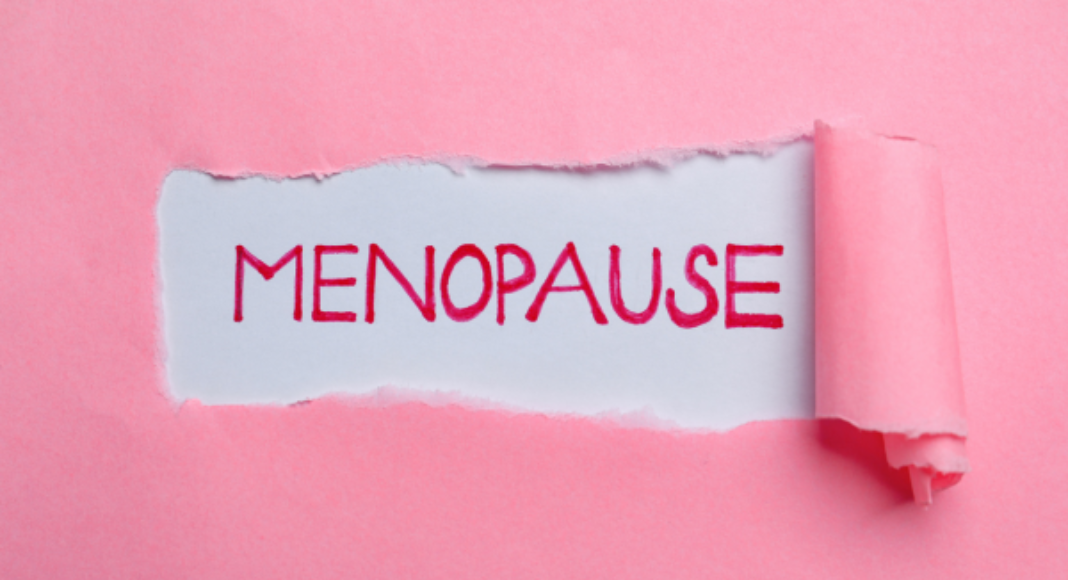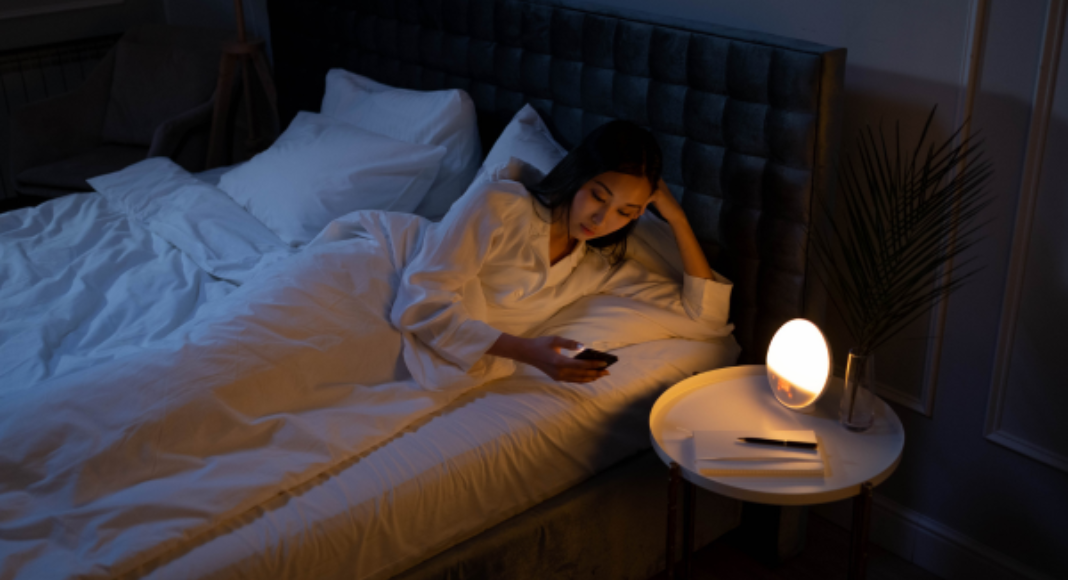In 2018 I was almost convinced I was pregnant, despite every reason why that couldn’t possibly be true. I had gone two months without a period. Around that same time, I visited my doctor because I thought I felt a lump near my armpit. Weeks were spent stressing out and performing repeated self-checks.
 Consequently, the lump turned out to be nothing, but my doctor did suggest that all that breast self-checking could have triggered my body to think it was pregnant — thus, the lack of a period.
Consequently, the lump turned out to be nothing, but my doctor did suggest that all that breast self-checking could have triggered my body to think it was pregnant — thus, the lack of a period.
At first I thought, huh . . . that’s interesting, how weird.
The more I ruminated, the more skeptical I became. I was 43 in 2018. Not once during that appointment did my doctor (a woman) suggest that I could be in the beginning stages of perimenopause.
Nope, according to her my body tricked itself into being pregnant, that’s why I’d had no period for two months. Okay . . .
Experts say that perimenopause can begin between the ages of 40 and 43, so why was it never mentioned to me at that appointment? Indeed . . .
How can this be? After all, medical research has expanded by leaps and bounds over the years. We’re doing heart transplants, performing reconstructive surgery; there’s even synthetic human blood that can transport oxygen through the body.
Yes, the medical world is doing amazing things; but making women’s health a priority? Not so much.
The inclusion of women in clinical trials didn’t become law until 1993. Yes, you read that right — 1993. Before 1993, women were excluded from all drug trials; the National Institutes of Health did champion change in the eighties, but it took some time.
There are still miles to go, clearly. When our healthcare professionals don’t acknowledge certain things that should easily be part of a checklist somewhere, we have a problem.
What to Expect When You’re Perimenopausing?
Let’s put the doctor’s office aside for just a moment. And the weight gain/loss, skin changes, breast changes, and of course, your period (once you’ve gone without a period for 12 consecutive months you can consider yourself in “menopause”) — here are some additional annoyances you can expect during perimenopause . . .
Does This Taste Soapy to You?

Last November, what should have been a quick and easy dinner before the Festival of Lights turned disastrous as my from-frozen eggplant parmigiana dinner sparked an immediate allergic itchy-mouth reaction.
This past summer the beloved cilantro in my guacamole tasted like what I can only assume Ralphie experienced after he dropped the lugnuts helping his dad change that tire. After years of not getting it when non-cilantro people would make the soap comparison, I finally understood. What you can eat, or tolerate, changes during perimenopause.
Can We Open the Windows, Please?

I’ve only experienced these a handful of times, but I know many women struggle with hot flashes and night sweats — two of the most commonly reported symptoms of perimenopause.
What Did You Just Say?!

Of course, hormones can affect mood, we all know that. But this perimenopausal rage – there’s no better word for it, RAGE – is next level. It’s not rage in the sense that we’re flying off the handle all the time, unhinged. We’re women we can’t do that (eye-roll). It’s more of a that-really-should-not-bother-me-as-much-as-it-does, kind of thing.
Now, What Was I Doing?

In the past, I wouldn’t think twice about where I dropped my bag or keys when I walked in the door. Nowadays, I’m all about structure and having everything in its place, because perimenopausal brain fog is no joke.
If I Fall Asleep Now, I’ll Have Three Hours . . .

Every night between three and five a.m. I find myself scrolling Facebook, TikTok, and Instagram. Not because I’m addicted to the internet . . . much. It’s because I just can’t sleep. Insomnia is a big part of perimenopause, and I swear if I had infant grandchildren (I do have adult kids, so it’s okay to say that) I’d be the most helpful G-mom in the world — up at all hours with the baby.
The Takeaway
It’s a given that our health needs as women are often not a priority. This is why it’s more important than ever – especially as we head into the menopause years – that we advocate for ourselves.
If you think you might be heading into perimenopause or your symptoms are causing you significant discomfort, don’t stop asking questions. Ask your friends and family members if you’re able. Reach out to other moms, or ask questions on the local Charleston Moms community Facebook pages.
These years are so challenging as it is. Many of us are parenting pre-teens heading into puberty while dealing with life while our bodies betray us; we’re caring for aging parents, being a loving partner, dealing with house and home obligations, navigating divorce or separation, the list goes on . . .

We owe it to ourselves to find answers and never stop asking questions, especially when it comes to what is going on with our bodies. As women who are in the throes of perimenopause, we owe it to our friends, younger moms, our daughters, and our sons too (if they opt to partner with a woman) to be open and honest about how perimenopause affects and changes us, inside and out.













